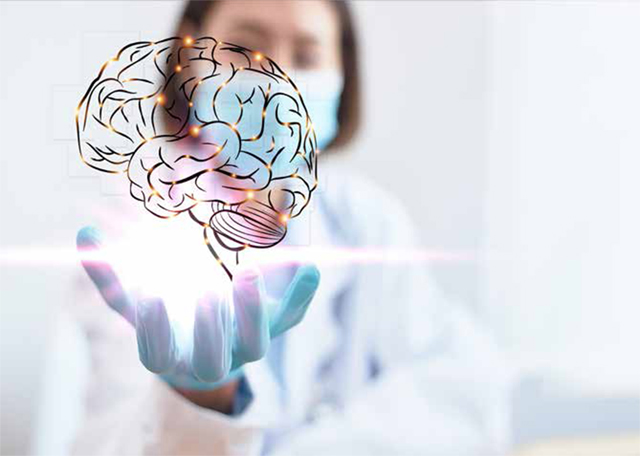By Ayah Murad
Clinical Dietician
Did you know that your diet influences your brain health? High sugar and refined carbohydrates, unhealthy fat and all processed empty calorie food can trigger inflammation that impairs memory and learning, even leading to dementia and Alzheimer’s in older age. Read on for memory-boosting tips!
Our energy levels are mainly affected by B vitamins (B1– B3, B5, B6, and Biotin). These vitamins are difficult to be absorbed from food in general. The good news is that the microflora in healthy intestines builds up these vitamins. Healthy intestines require sufficient levels of probiotics.
B12
As we age, we absorb fewer vitamins. And vegetarians, especially vegans, may be more deficient in B12. Additionally, who have trouble absorbing B12 or with low digestive enzymes or suffering from intestinal problems, may also be deficient despite taking sufficient levels of B12. This is not a reason to eat more junk food, of course. Another important concern is that high fibre diets also reduce the absorption of minerals and vitamins.
To enhance absorption of vitamins and minerals in general and B12 specifically, eat more dark leafy vegetables like moringa, mint, parsley, Rocca, dill, or kale, and add a squeeze of lemon to them. These veggies have more digestible fibre and enough folate, the primary catalyst in absorbing vitamin B12. Folate and B6 together reduce homocysteine. The latter affects the heart negatively and is a top risk factor for Alzheimer’s disease.
Many supplements on the market contain B12. Cyanocobalamin is in many of these supplements, and it is the primary source of the very toxic element Cyanide (it is especially toxic for smokers). It is found in both injections and tablets. Instead, try to find Hydroxocobalamin, mainly in injectable B12. It is a nontoxic element that can reduce the amounts of Cyanide in the body and reduce the frequency of injections (keeps B12 in the body longer).
Omega 3
Omega 3 is another important fat for nerve maintenance and brain cell build-up for fewer inflammations, better immune system, fewer heart diseases and enhanced memory.
Omega 3 rich sources include fatty fish (tuna, salmon, mackerel or sardine), seeds and nuts (sunflower seeds, pumpkin seeds, sesame seeds, Brazilian nuts, cashews and walnuts). Eating these in salads, or by themselves, is most beneficial; mixing them with meats, however, would not be. Meat includes both iron and copper, reducing the absorption of Omega 3 (as well as zinc, selenium and magnesium).
A sign of a healthy digestive system is saliva production; once you feel your mouth is dry which indicates you probably lack digestive enzymes, your body will take longer to absorb vitamins and minerals that your brain needs. Adding kiwi, papaya, pineapple, green apple, ginger and lemon 30 minutes before eating your main meal will help absorb vitamins and minerals.
Antioxidants
As inflammation is one of the main reasons behind dementia, have a diet rich in antioxidants. Berries, pomegranate, and blueberries are packed with antioxidants that may delay brain ageing and improve memory. Turmeric is another powerful antioxidant and blood thinner. Turmeric, with its active compound curcumin, is considered a strong anti-inflammatory and antioxidant — very beneficial for the brain and memory. Studies on turmeric show that it reduces symptoms of both depression and Alzheimer’s disease.
Reprinted with permission from Family Flavours magazine
